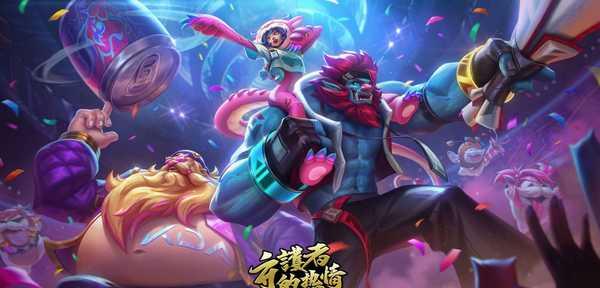Gaming Giant's California Wildfire Fundraiser Sparks Debate
Riot Games announces the re-release of ‘Firefighter Tristana’ skin with proceeds going to California wildfire relief, generating mixed reactions about using gaming cosmetics for disaster aid.

The announcement of Riot Games' initiative to support California wildfire relief efforts through the re-release of their “Firefighter Tristana” skin has ignited significant discussion within the gaming community. The wildfires, which continue to ravage Southern California, have already impacted several major gaming studios in the region, including Blizzard Entertainment and Insomniac Games.
Riot Games, headquartered in Los Angeles, has taken direct action by providing temporary housing, emergency funds, and counseling services to those affected by the fires. The company’s decision to reintroduce the Firefighter Tristana skin from January 23 to February 5 represents their latest effort to support the cause, with all proceeds directed to the Riot Games Social Impact Fund for wildfire relief.
The gaming community’s response has been notably divided. Some praise the initiative as a creative way to leverage gaming cosmetics for humanitarian aid, while others question the appropriateness of using player purchases to address a crisis in one of the world’s wealthiest regions. Critics point out that Los Angeles County, where many affected areas are located, represents one of the most affluent metropolitan areas globally.
Gaming industry analysts note that this approach to disaster relief reflects a growing trend of using virtual goods for charitable fundraising. However, questions persist about the effectiveness and transparency of such initiatives, particularly regarding the percentage of proceeds that ultimately reach those in need.
The situation has also sparked broader discussions about corporate social responsibility in the gaming industry and the role of private companies in disaster relief efforts. Some community members argue that large corporations should contribute directly from their revenues rather than relying on player contributions through cosmetic purchases.
These concerns are amplified by the complex relationship between China and the United States in the gaming industry, as many players note Riot Games' ownership structure and its implications for international fundraising efforts. The debate extends beyond simple charitable giving into questions of corporate responsibility, international relations, and the gaming industry’s role in addressing real-world crises.